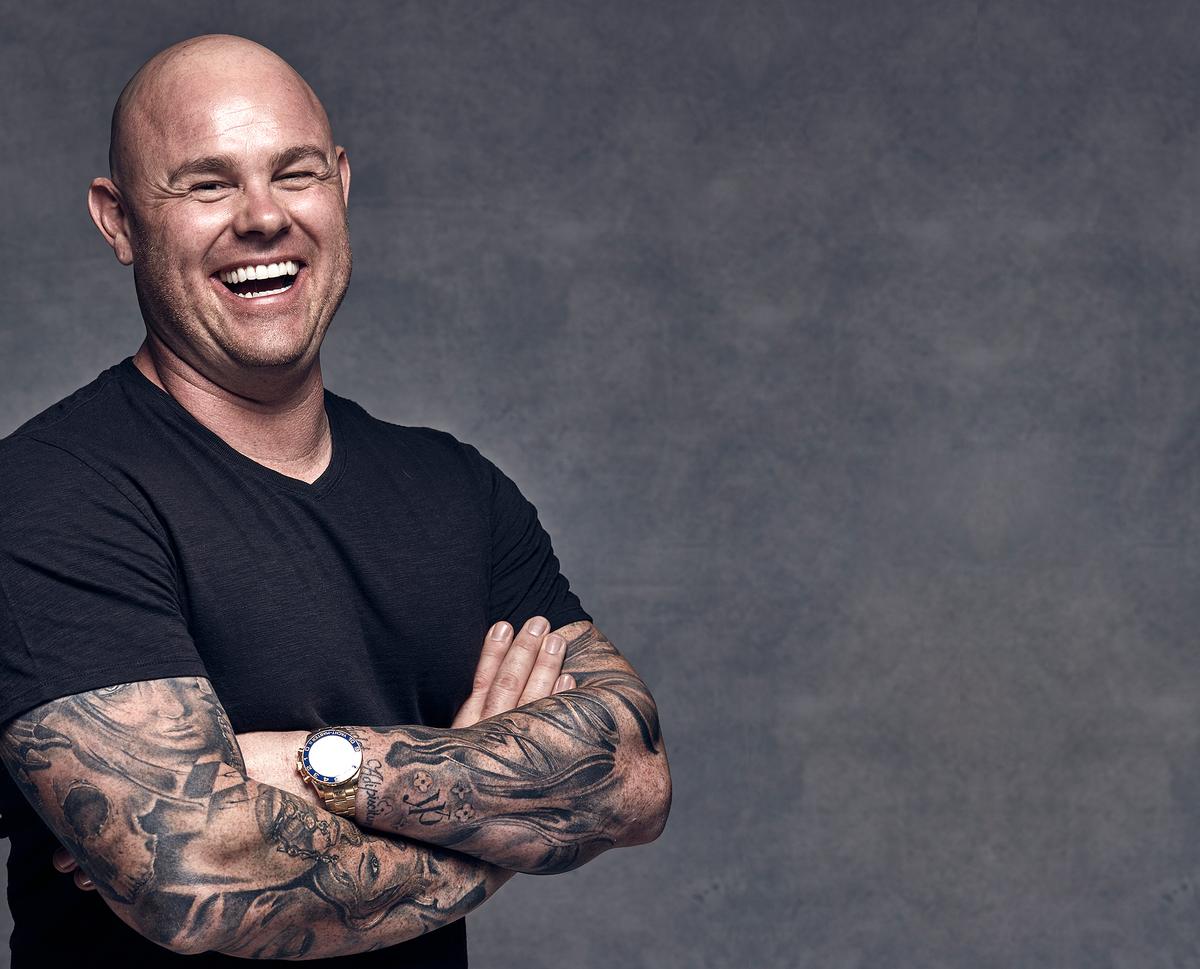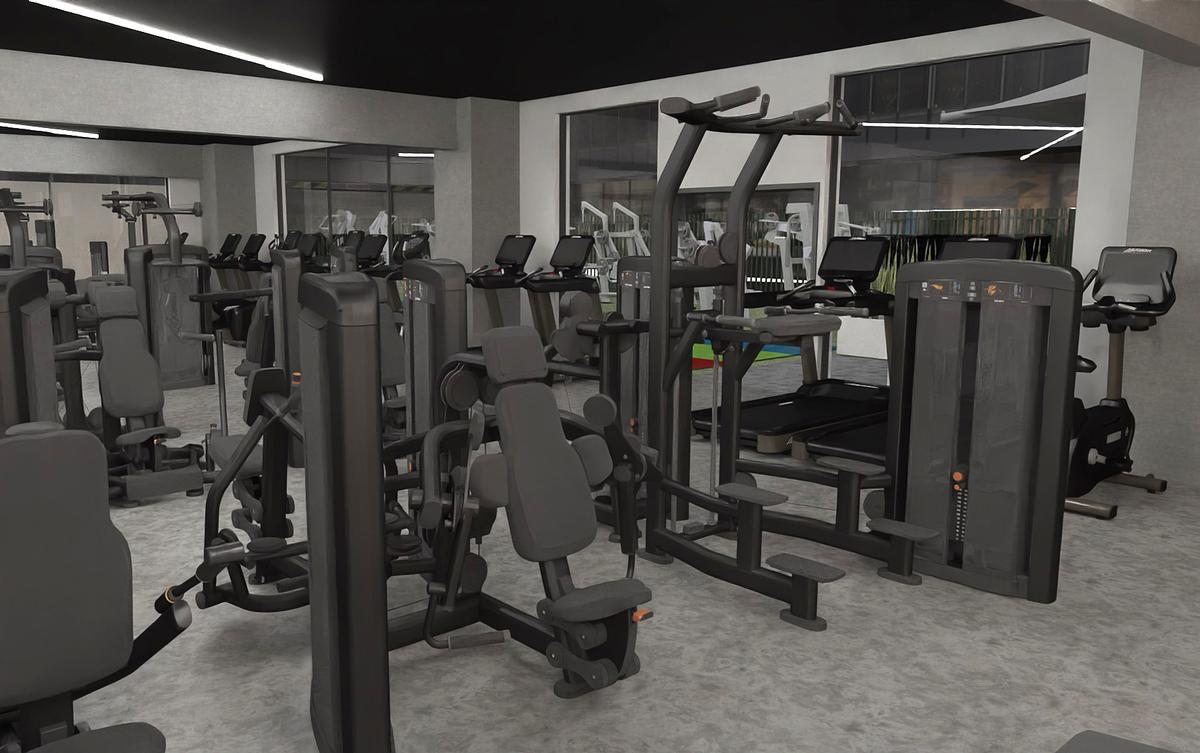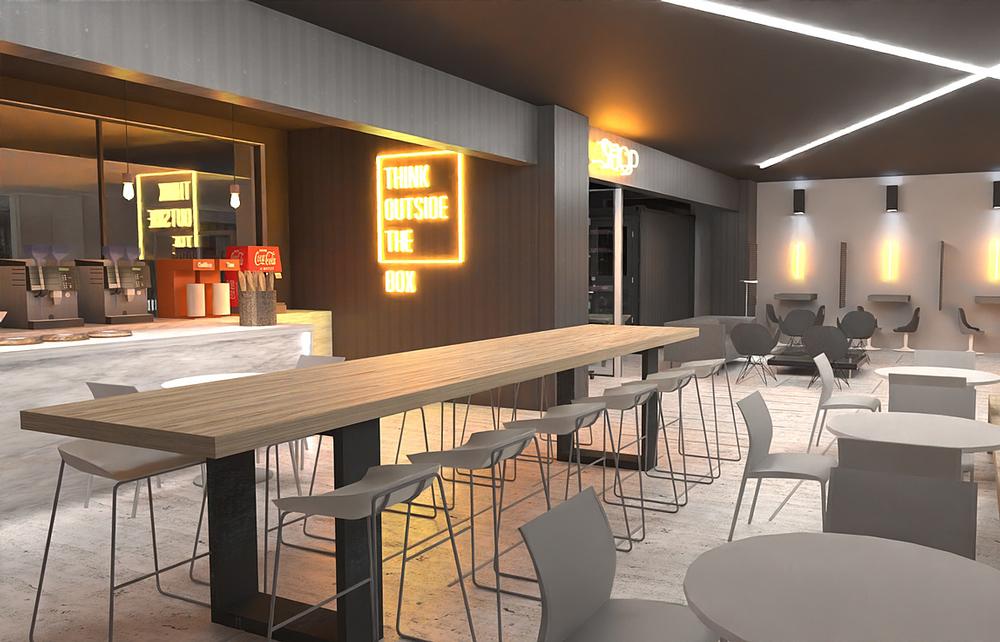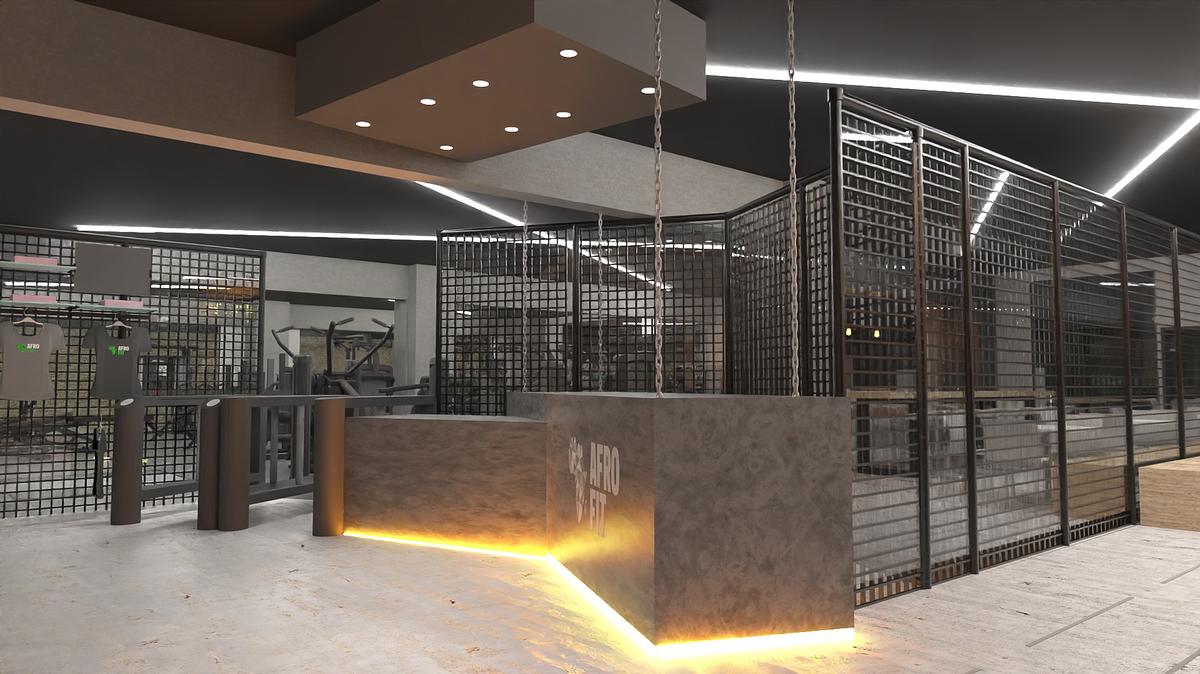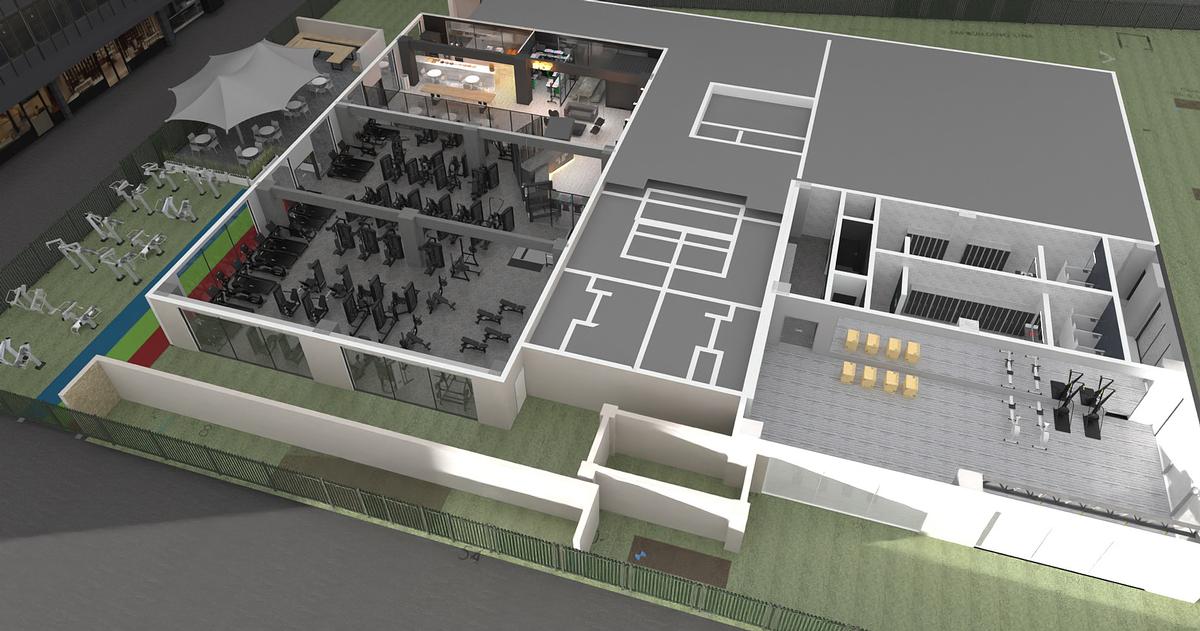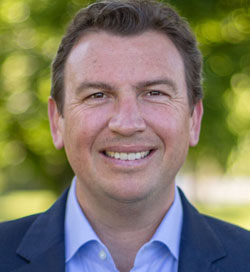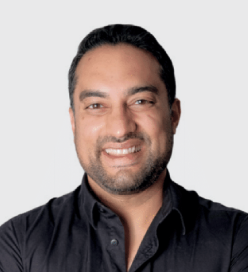Tell us about AfroFit
Our goal is to bring a modern and affordable gym concept onto the African continent, starting in Kenya.
The name AfroFit is speaking to the African population and the concept is designed and built as a brand around African needs and with homegrown talent.
We’re inclusive – AfroFit is for any age, gender or fitness level and we’re creating a positive, energetic, and friendly atmosphere in all our gyms.
As a brand, we’re looking to inspire people for whom fitness has been out of reach so far – we want to make fitness accessible by being present in both local neighbourhoods and online.
We’re embracing digital channels and are keeping a personal feel to everything we do.
What’s the rationale?
The business case is a high-value/low-cost model, offering everything members need and nothing you don’t.
Fitness is not easily accessible and affordable for most of the populations of the East African countries, as the current fitness market is underdeveloped and overpriced. A fair pricing model, allowing everyone access to health and fitness is needed.
We’ll also offer franchising opportunities following the launch of the first club and proof of concept.
What types of members are you targeting?
The consumer demographics are two-fold: first-time gym users who will be able to afford membership due to our competitive pricing and existing gym enthusiasts who don’t want to pay the high rates offered in the current market and want a gym that offers more than other gyms.
We’ll have superior equipment in terms of brand and volume, as well as great classes.
The population of Kenya has an average age of 20.1 (www.HCMmag.com/Kenya) and so we’re targeting the younger population – people who are entering the workforce, as well as professionals between the ages of 20 and 40.
Who’s backing the company?
A number of investors including a Kuwaiti Private Investment Company.
Who will be delivering it?
The members of our central management team are experts with deep knowledge of the fitness industry and other supporting disciplines such as law, marketing and branding.
With my own background in fitness and business consulting for global projects, I feel confident that with our combined expertise, we’ll deliver a successful concept for this market in the timeline we have planned.
The teams running the gyms will be onboarded and trained to international standards and our focus will also be customer-centric. We know great service leads to member retention and the team knows how to achieve it.
What facilities will the clubs have?
Multi-brand equipment on the gym floor, a HIIT studio and sparkling clean changing rooms.
The flagship club – launching on 1 January 2022 – will also have an outdoor gym with 16 pieces of strength outdoor equipment and a café managed by a third party.
This first site will be a lifestyle location, while subsequent units will be scaled up.
How many locations are you planning?
Conservatively, 10 locations in four years – a combination of owned and franchised.
The opportunity is significant, yet we will do the launch correctly and diligently – before pressing the expansion button.
If the market shows a bigger appetite than we expect, plans can be adjusted.
How will you be different from the competition?
The market in Nairobi is underdeveloped and scattered, with 60 gyms – mainly independently-owned and with one small chain.
Most are overpriced and many are poorly maintained. There’s a lot of potential for gyms with better customer service and operations. Even in those with higher pricing, a great experience isn’t always guaranteed, so we believe we’ll see some gym members switching over to the AfroFit brand as well.
Our clubs will be accessible – not only financially, but also in the way they inspire anyone to train.
What will your pricing be?
We will be super affordable, offer flexible membership pricing with monthly or rolling contracts members can cancel anytime. Our price point for what’s on offer will be a surprise to the market and our competition need to fasten their seatbelts.
Tell us about plans for your staff
As mentioned, part of the AfroFit venture is building an education platform and systems.
Our teams will be multi-skilled and fitness-educated to provide a fun, safe and educational environment for members. The number of staff will be optimised and we’ll use the same approach as with the entire business – everyone you need and no one you don’t.
Online content on the website and social media will educate members, while the teams in the clubs will continue to support them on that journey while ensuring safety and delivering services.
What other areas will you venture into?
AfroFit will have various supporting divisions and with the gym as the core business, we’re also venturing into the supply of fitness equipment, clothing and supplements.
There’s also little accredited industry education available in Kenya, so we’ll be delivering training in the fitness industry so we can offer the community jobs, add value with knowledge and supply our own clubs and franchisees with educated talent.
What is the current market like for fitness in Africa?
The market potential on the African continent is enormous. High-speed internet is now widely available, median incomes are rising and I’ve had a lot of interest from people in my network wanting to explore collaborations.
There’s existing development happening in South Africa with Planet Fitness and Virgin and in North Africa with Gold’s Gym and UFC in Egypt, there’s room in most other African countries to enter the market. Being mindful that Africa has 54 countries.
Why East Africa, and why Nairobi?
We’ve considered the population and the population increases that have been forecast over the next few years, the continuous increase in average salaries over the past years and the potential we have to become a market-leader by pioneering with an African concept.
There are many independently owned clubs in the region, which means we have the opportunity to acquire or rebrand these. We’ve also had a great deal of interest in investment. The market is there for the taking. We can lay the groundwork to prevent the region and continent from joining the statistics of the global obesity crisis by instilling fitness awareness.
Nairobi is the gateway to East Africa, as well as being the location of the UN headquarters and having a relatively stable currency. Kenya also has a growing economy and an increasing focus on the service industry.
Do you expect other investors to target Africa?
The African continent and Sub Saharan Africa has been on the map for investors due to their unexplored markets, dense populations and lack of competition, so it’s only a matter of time before other players will want to enter this space.
The next decade may see players pushing into the market, however, due to the ‘unknown’ factor, I don’t expect to see fierce competition just yet.
What are the challenges of developing in Africa?
Market awareness and penetration rates are low, while import regulations and taxes are stiff and increase the total investment required.
Availability of fitness talent is also an issue, while African customs and unforeseen curveballs can present challenges that only make this project more fun.
However, we’re used to dealing with rocky roads as a result of working in the Middle East for 17 years.
What’s the bigger picture?
While many gym brands are focusing on increasing their market share in developed regions of the world and competing head-to-head, we believe it’s important to explore new territories.
I moved to Kuwait in 2005 and we’re still making a difference in the Middle East market all these years later – now we’ve added the East African market to our portfolio, as the next stage in our success story.
More: www.afrofit.life








